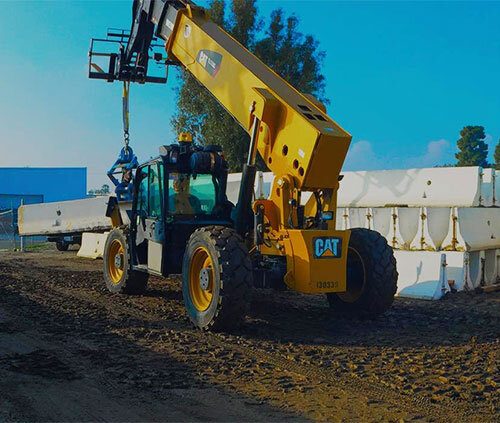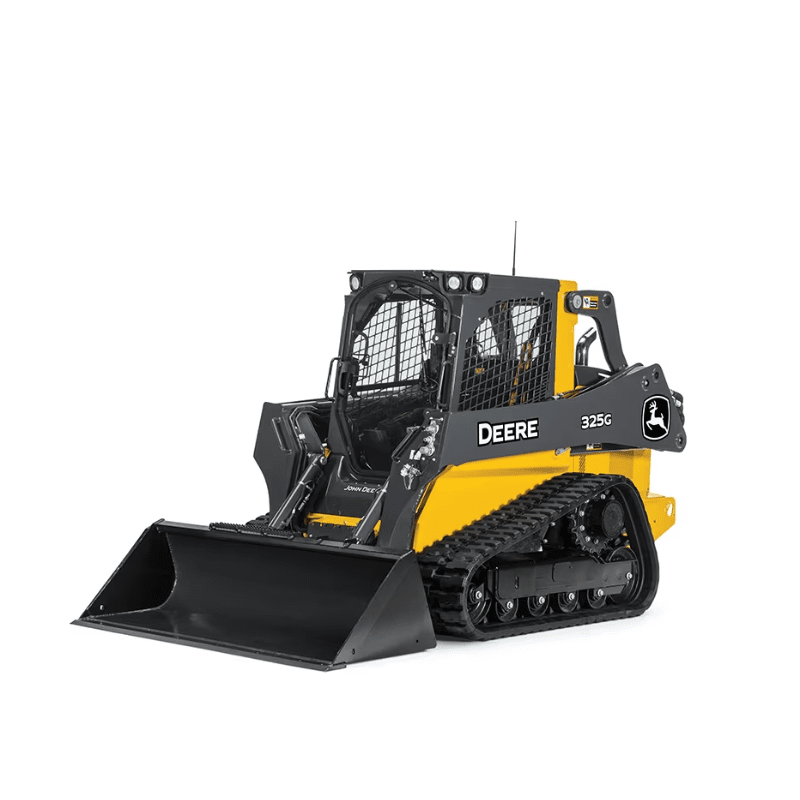Mini Excavator Rental: Compact Machines for Tight Spaces
Mini Excavator Rental: Compact Machines for Tight Spaces
Blog Article
Maximize Your Spending Plan by Recognizing the Costs Connected With Construction Tools Rentals
Understanding the full scope of expenses linked with building and construction tools rentals is important for optimizing your budget plan. What methods can be used to effectively manage these prices and guarantee an extra efficient rental experience?
Review of Rental Prices
When considering building devices rentals, understanding the linked prices is paramount for efficient budgeting and job preparation. Rental prices can vary considerably based upon a number of aspects, consisting of tools type, period of rental, and place. The preliminary rental charge commonly mirrors the devices's market need and its associated functional capacities, affecting the overall expenditure.
Along with the base rental rate, supplementary expenses might arise, such as transport charges, gas additional charges, and upkeep costs. It is crucial to make up these extra expenditures to properly assess the total cost of renting devices. The rental duration can impact rates; longer services may certify for discounted rates, while short-term services may incur higher everyday charges.

Failure of Rental Prices
A thorough understanding of rental rates is necessary for contractors and project supervisors aiming to enhance their budgets. Rental rates for building equipment normally consist of a number of parts, including base rates, time-based costs, and usage fees.
Base rates are the core charges connected with the leasing of the equipment, frequently determined by the kind and dimension of the equipment. These prices can vary dramatically, influenced by factors such as equipment need, schedule, and local market patterns. Time-based fees, which might be daily, weekly, or monthly, serve to accommodate various project timelines and rental periods.
Additionally, rental prices may include usage fees, which apply when devices is used beyond a defined limit, guaranteeing that the rental firm can represent deterioration. Seasonal demand variations can also impact rental rates, with peak construction periods commonly regulating greater prices.
Additionally, recognizing the rental firm's policies relating to upkeep and insurance can give further understanding into the general cost structure. By examining these components, professionals can make informed decisions, ensuring the selection of rental equipment lines up with both task needs and budget restraints.
Extra Costs to Think About
Comprehending the ins and outs of added charges is important for professionals to handle their overall leasing expenditures successfully. Beyond the typical rental prices, different supplementary charges can considerably affect the overall cost of equipment leasing. These charges frequently include delivery and pick-up costs, which can differ based upon range and logistics involved in delivering the equipment to and from the task website.
In addition, some rental companies may impose fuel additional charges if the devices is returned with much less fuel than when rented out. It is likewise crucial to understand prospective cleansing fees, especially for specialized tools that requires detailed upkeep after use.

Extensively examining the rental agreement and clarifying these extra costs ahead of time can assist contractors stay clear of unexpected prices and ensure that budget plans remain undamaged throughout the project lifecycle.
Maintenance and Fixing Expenditures
Regular repair and maintenance costs are usually ignored elements that can significantly affect the general cost of construction tools leasings. When renting tools, it is important to consider not just the rental fees however likewise the prospective costs connected with maintaining the machinery in ideal operating condition.
Several rental companies consist of basic upkeep as part of the rental agreement; nonetheless, a lot more unanticipated failures or comprehensive repairs can result in added expenditures. It's vital to examine the rental contract very carefully to understand what upkeep services are covered and what obligations fall on the occupant.
Moreover, devices that is not well-maintained can bring about inefficiencies on duty site, potentially raising and causing hold-ups project prices. To reduce these dangers, it is suggested to carry out regular assessments and keep open communication with the rental copyright pertaining to any problems that develop during use.
Insurance Coverage and Responsibility Expenses
Insurance and responsibility costs are important parts that can considerably affect the general expenditure of construction tools leasings (aerial lift rental). These expenses make sure that both the rental firm and the client are secured from prospective economic losses emerging from mishaps, damage, or theft during the rental period

In addition, clients should understand any type of deductibles or exemptions in the insurance plan, as these can affect prospective out-of-pocket expenditures. Recognizing the conditions of any insurance protection is crucial to avoid unanticipated prices. Ultimately, budgeting for insurance policy and obligation expenditures can help make sure a smoother rental experience and protect against financial dangers connected with construction jobs.
Verdict
In final thought, click here to read a detailed understanding of the prices connected with building and construction devices services is necessary for reliable budget management. Inevitably, informed decision-making regarding tools leasings adds to the overall success of building undertakings.
Rental costs can vary considerably based on several factors, consisting of devices kind, period of leasing, and place (heavy equipment rental). The rental period can impact rates; longer rentals might certify for discounted rates, while short-term services might incur greater day-to-day costs
By carrying out thorough study and involving with reputable rental companies, service providers can effectively navigate the complexities of rental rates, ultimately maximizing their economic sources.
Past the standard rental rates, various supplemental fees can substantially influence the total expense of devices leasing. Rental firms typically internet give responsibility insurance that covers injuries to third parties or damage to property, while devices damages insurance can cover the cost of repair work or substitute if the leased equipment is harmed.
Report this page